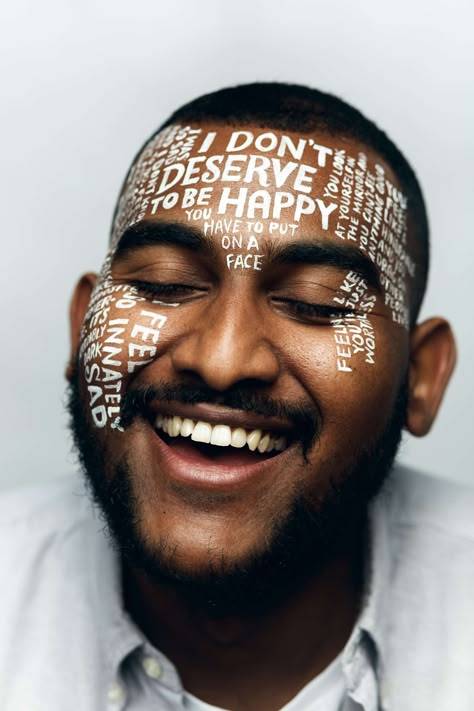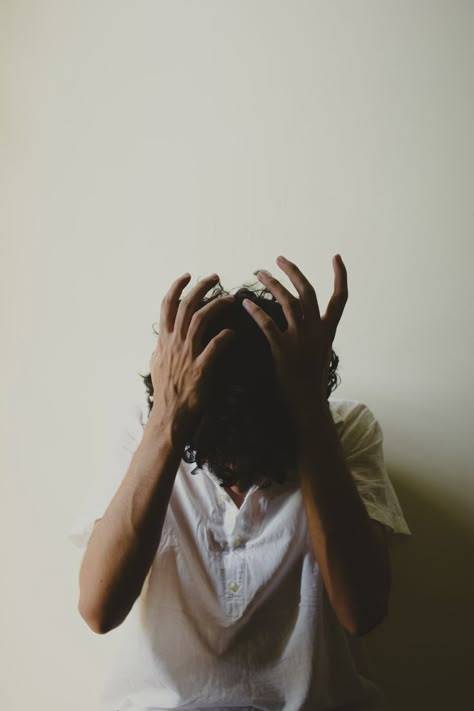Breaking the Stigma: Why More Pakistani Men Are Talking About Mental Health

For years, mental health in Pakistan has been treated like that one relative at weddings—everyone knows they’re there,but nobody wants to talk about it. And when it comes to men, the silence has been even louder. Society has long dictated that a real man must be tough, unemotional, and capable of handling anything life throws at him, preferably without blinking. Therapy? That was for people with “actual” problems. Anxiety? Just go pray. Depression? Stop overthinking.
But times are changing. More Pakistani men are speaking up about their struggles, seeking professional help, and challenging outdated ideas about masculinity. The result? A slow but steady cultural shift that’s bringing mental health out of the shadows and into the conversation.
The Cultural Pressure to "Be a Man"
From childhood, Pakistani boys are taught that emotions are for someone else to deal with. Crying? Not an option. Talking about feelings? Unnecessary. The standard advice for handling stress has traditionally been some version of “toughen up” or “just deal with it.” As a result, generations of men have internalized the idea that acknowledging mental health issues is a sign of weakness.
This mindset hasn’t exactly aged well. Turns out, bottling up emotions like an expired soda can leads to some pretty serious consequences—stress, anxiety, depression, and in extreme cases, complete emotional burnout. The good news? More men are starting to realize that ignoring mental health doesn’t make it disappear.
Social Media: The Unexpected Therapist
If there’s one place where Pakistani men are finally opening up, it’s social media. Influencers, mental health advocates, and even celebrities are using Instagram, Twitter, and YouTube to share their experiences with anxiety, depression, and therapy. When public figures openly admit that they’ve struggled, it makes it easier for the average person to say, “Oh, so it’s not just me?”
Even meme pages—arguably Pakistan’s most trusted source of news—are contributing to the conversation. Humor is being used to address serious topics, making discussions about mental health feel less intimidating. And let’s be honest, sometimes a well-placed meme about crippling anxiety does more than a 300-page self-help book.

Therapy: No Longer Just for “Crazy” People
For the longest time, therapy in Pakistan was seen as something extreme—either for people with severe mental disorders or those who had “too much free time.” But as awareness grows, more men are booking counseling sessions, whether online or in person.
The rise of discreet, affordable therapy platforms means that getting professional help no longer requires making a dramatic public announcement. Universities and workplaces are also (finally) recognizing that mental health resources aren’t just a nice-to-have but an actual necessity.
Life in 2025: Stress, Stress, and More Stress
It’s not exactly breaking news that modern life in Pakistan is stressful. Economic instability, job market chaos, and the constant pressure to “settle down” by 25 are enough to send anyone into a spiral. The difference now? More men are realizing that ignoringstress doesn’t make it go away.
Mindfulness, meditation, and even something as simple as talking to a trusted friend are becoming more common. And no, this doesn’t mean Pakistani men are suddenly all about yoga retreats and scented candles—it just means they’re finding ways to cope that don’t involve pretending everything is fine when it’s very much not.

Men Supporting Men: A Plot Twist
One of the most promising signs of change is the rise of male-led mental health initiatives. Support groups, community therapy sessions, and online forums are creating spaces where men can discuss their struggles without the fear of being told to “man up.”
Whether it’s a WhatsApp group for guys checking in on each other or a full-blown mental health campaign, these efforts are slowly breaking down the idea that seeking help is something to be ashamed of. Turns out, vulnerability doesn’t cancel out masculinity—it just makes life a little more manageable.
The Road Ahead: Less Stigma, More Support
Progress is happening, but there’s still a long way to go. The stigma around men’s mental health is deeply ingrained, and many still suffer in silence. However, the fact that conversations are happening at all is a step in the right direction.
The goal isn’t just to encourage men to seek help—it’s to create a culture where mental well-being is valued just as much as physical strength. With continued efforts, more Pakistani men will realize that talking about mental health isn’t a sign of weakness. If anything, it’s proof that strength isn’t about suppressing emotions—it’s about knowing when to ask for help.
And honestly? That might just be the best flex of all.
